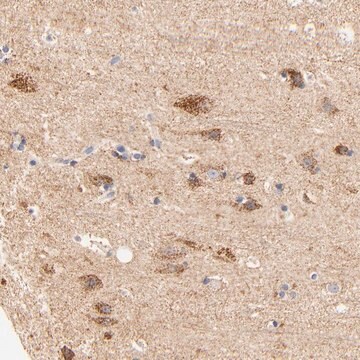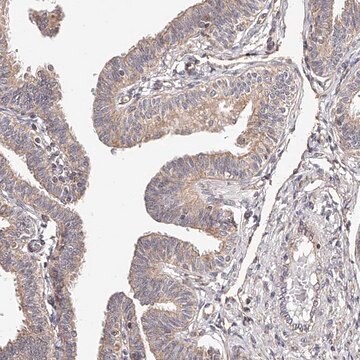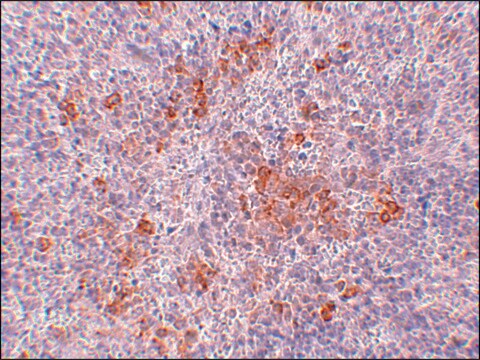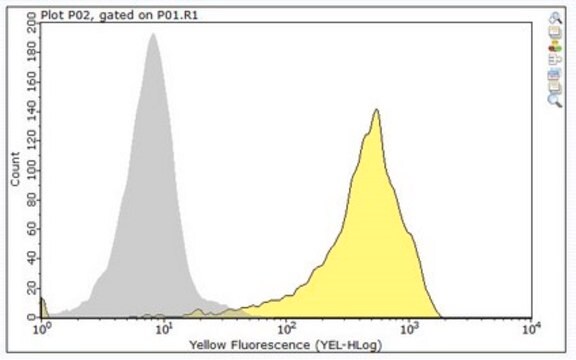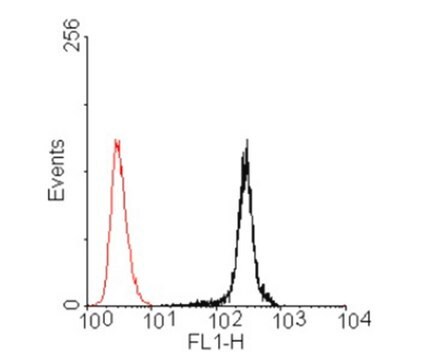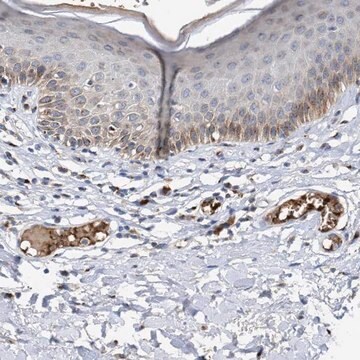MABS1819M
Anti-OTUD3 Antibody, clone 12A6.1
clone 12A6.1, from mouse
Synonym(s):
OTU domain-containing protein 3, EC 3.4.19.12
About This Item
Recommended Products
biological source
mouse
Quality Level
antibody form
purified antibody
antibody product type
primary antibodies
clone
12A6.1, monoclonal
species reactivity
human
packaging
antibody small pack of 25 μg
technique(s)
western blot: suitable
isotype
IgG1κ
NCBI accession no.
UniProt accession no.
target post-translational modification
unmodified
Gene Information
human ... OTUD3(23252)
Related Categories
General description
Specificity
Immunogen
Application
Signaling
Quality
Western Blotting Analysis: 2 µg/mL of this antibody detected OTUD3 in 10 µg of human cerebral cortex tissue lysate.
Target description
Physical form
Storage and Stability
Other Notes
Disclaimer
Not finding the right product?
Try our Product Selector Tool.
Storage Class Code
12 - Non Combustible Liquids
WGK
WGK 1
Certificates of Analysis (COA)
Search for Certificates of Analysis (COA) by entering the products Lot/Batch Number. Lot and Batch Numbers can be found on a product’s label following the words ‘Lot’ or ‘Batch’.
Already Own This Product?
Find documentation for the products that you have recently purchased in the Document Library.
Our team of scientists has experience in all areas of research including Life Science, Material Science, Chemical Synthesis, Chromatography, Analytical and many others.
Contact Technical Service